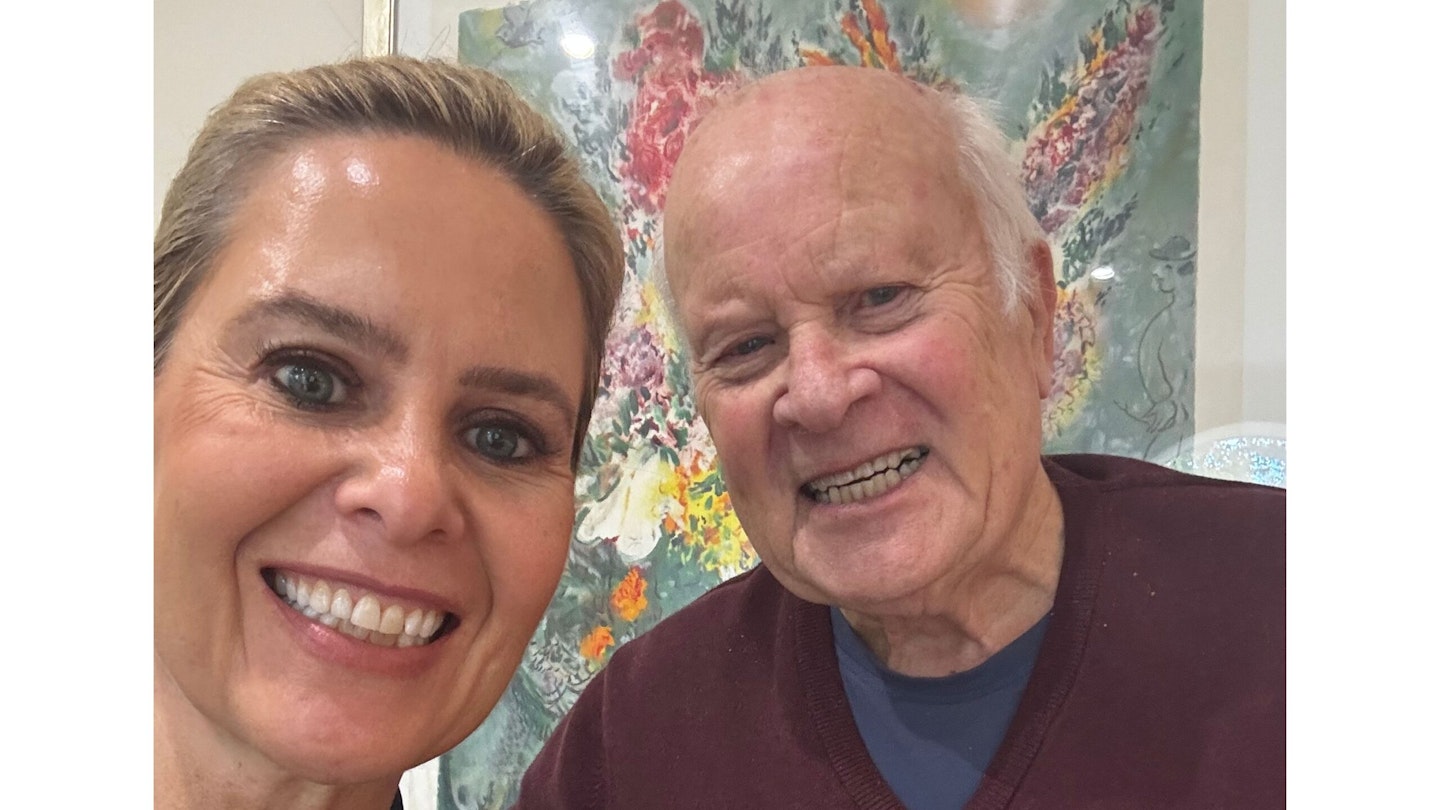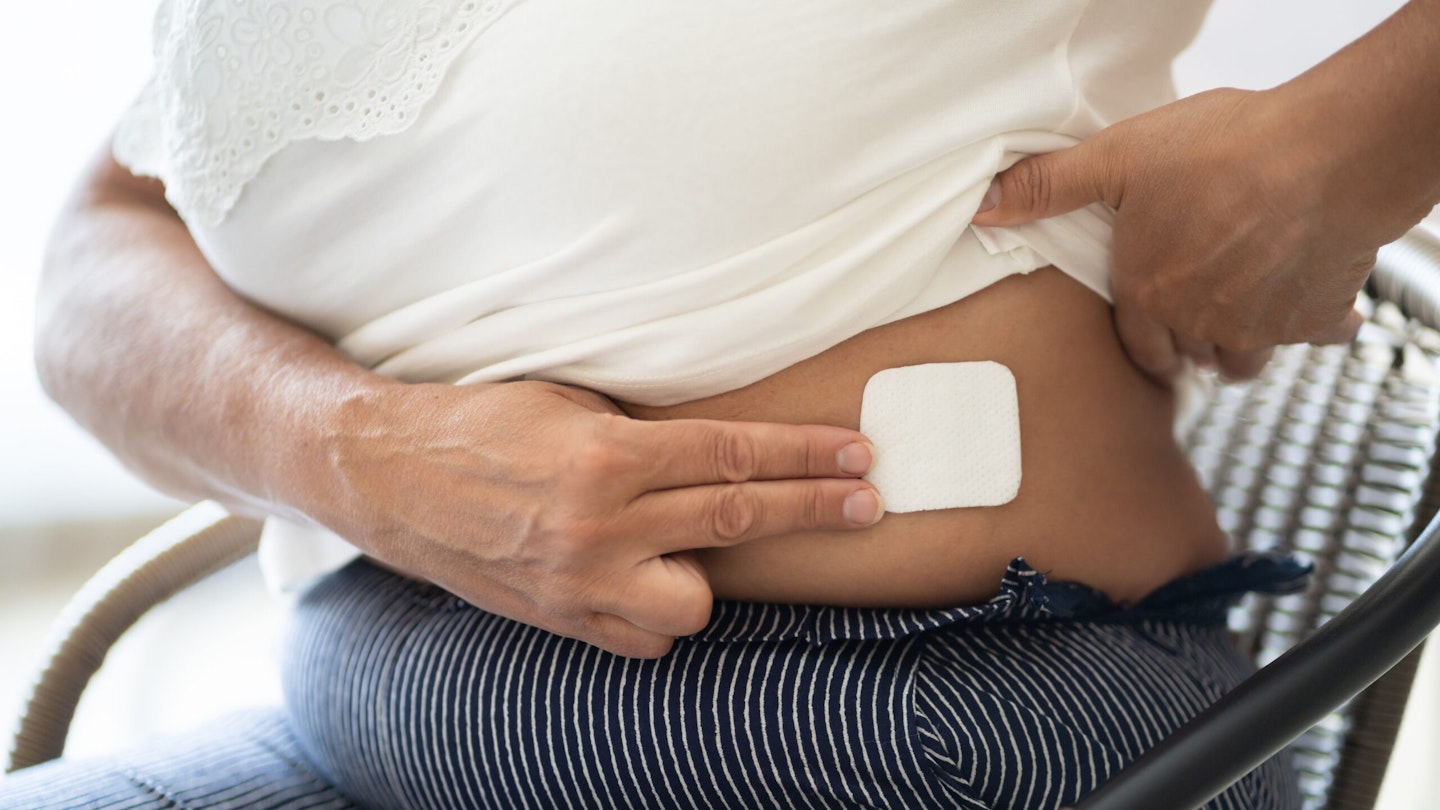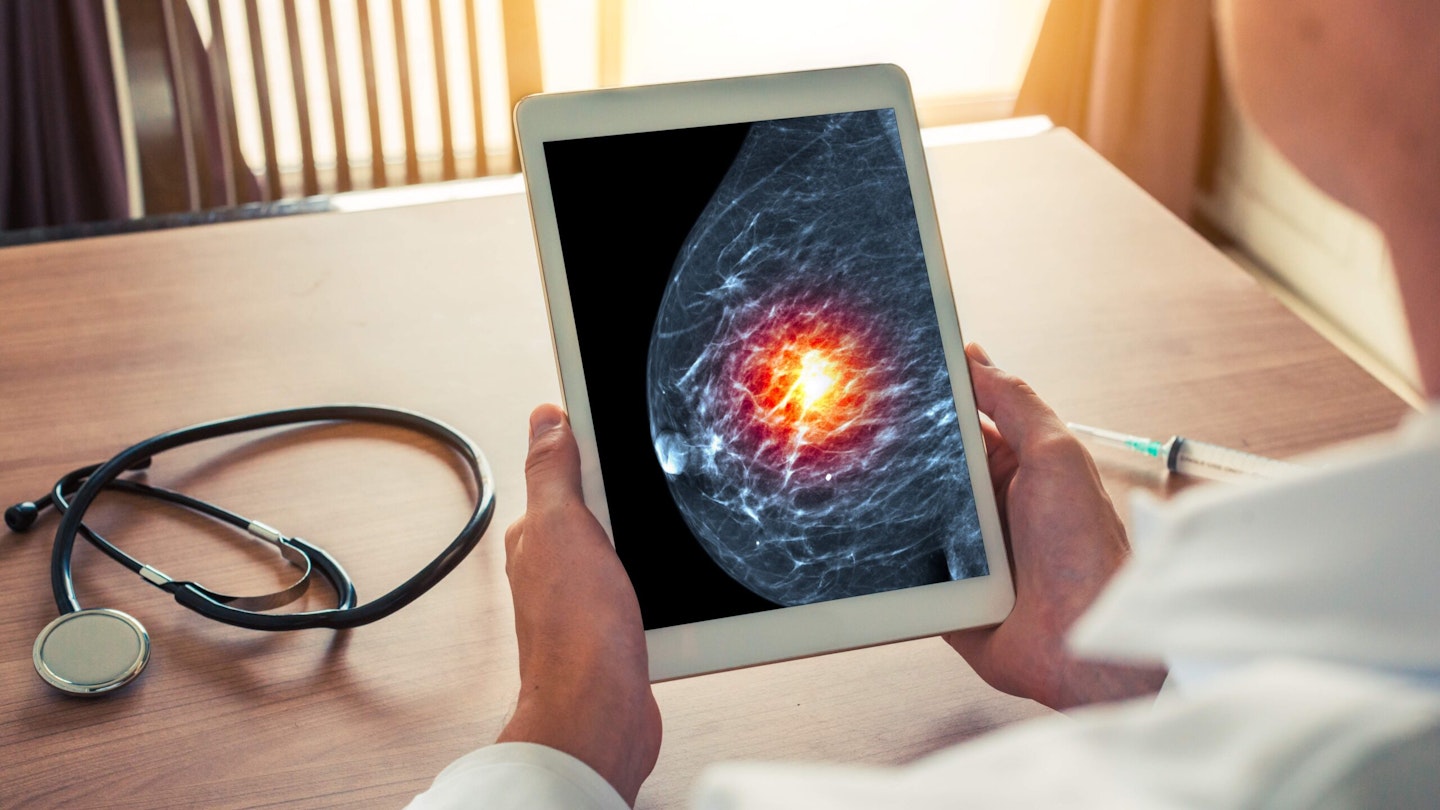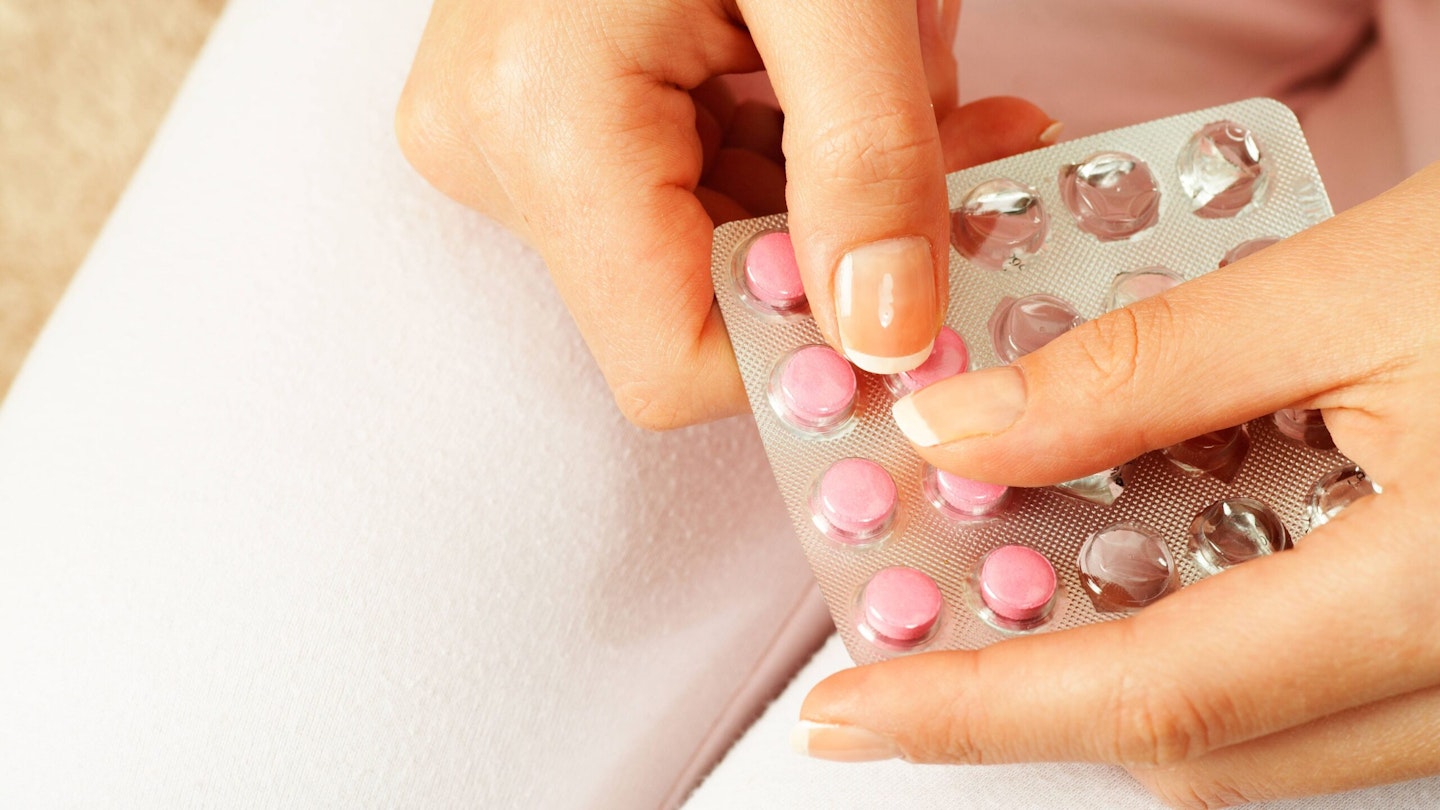Every woman over the age of 35 has some risk of getting breast cancer, but there are some things you can do to help lower the possibility of developing it. Here, writer Suzanne Baum explains the advice she was given by her oncologist father Michael Baum – a former professor of surgery at the Royal Marsden and University College London Hospital - to help reduce the risk of breast cancer and be healthier all round.
"As the daughter of a breast cancer specialist, my 87-year-old father – who spent over four decades working in the NHS – has spent all of his career caring for women with the disease. It was a decision he made after losing his own mother, my grandmother, to breast cancer. With his sister, my aunt, also having breast cancer – along with worryingly a few of my own friends in their early fifties – I am only too aware of how a diagnosis of the disease can hit the patient, and their loved ones, hard.
"According to Future Dreams, one of the breast cancer charities I support, everyday 150 people are diagnosed with breast cancer – a total of 55,000 women and 370 men per year. And with one in seven women affected by breast cancer in their lifetime, it is no surprise that most of us know someone with the disease. Below, I reflect on the advice my father, who led the team that introduced the cancer drug Tamoxifen treatment and prevention of breast cancer, has given me throughout my adult life."

Be breast aware but not obsessively so
He does not recommend breast self-examination (citing large scale trials have shown no improvement in breast cancer mortality), but does say to keep an eye out for changes in the body such as “the chance appearance of a dimple in the breast, distortion of the nipple or feeling a lump."
If you notice a change he recommends making an appointment with a doctor. “Don’t look upon it as an emergency, but for peace of mind don’t postpone the visit for too long,” he told me.

The benefits of HRT outweigh the risk of breast cancer
My father is a strong advocate for HRT, having witnessed his menopausal patients’ quality of life plummet without estrogen. When I went on it a year ago, he assured me of its safety. “There is no evidence that HRT causes breast cancer,” he has said. “One discredited study has damaged women’s health in almost irreparable ways [referring to the 2002 Women’s Health Initiative study). An update of their data in 2017 demonstrated that HRT had benefits, they are outweighed by the risks. I will never forgive them for what they’ve done – it’s a sorry, sad story.”
“Any doctor that says you can’t have HRT should be challenged,” he advises. “In the end it’s your decision – you should be given an estimate of benefit and risk, and you can make the decision based on your quality of life.” He goes on to say, “Furthermore, in my opinion, there’s only one treatment of osteoporosis, and that’s oestrogen. Osteoporosis is a more common cause of death than breast cancer, so we have to think about the totality of women’s health. Women are more than the sum of their two breasts.”

The benefits of mammograms are over-rated
My father’s opinion is that there “is no evidence that screening mammograms under the age of 50 saves lives but leads to impairment of quality of life by false alarms and over-diagnosis.” When it comes to the controversial issue of screening over the age of 50 as approved by the NHS, he is deeply sceptical. “The benefits of mammography screening at any age are grossly over-rated. You have to screen 1,000 women for 10 years to avoid one breast cancer death with no impact on all cause of death. Again women must be provided all the data to make an informed decision. In the end it’s a woman’s choice if she wants to have a mammogram, not that of an NHS bureaucrat.”
That said, I have had a mammogram following discovering a tiny lump in my breast, at the advice of my doctor. Fortunately, it turned out to be just a blocked milk duck.

Consider the contraceptive pill to protect from ovarian cancer
The contraceptive pill may not be something most father and daughter’s discuss but when I did go on it in my late teens, his advice – particularly for women at high risk of cancer – was that it has no impact on the risk of breast cancer and might provide some protection of developing ovarian cancer.
You can drink some alcohol
I have a glass or two of wine per week. My father’s advice to me was: “More than seven units of alcohol a week is associated with a small increase in the incidence of breast cancer. BUT REMEMBER ASSOCIATION DOES NOT MEAN CAUSATION.”
Don’t live in fear of getting breast cancer
Women should not conduct their lives because of fears about breast cancer, there are more important causes of premature death such as heart disease, Alzheimer’s and dementia.
Stay fit and eat healthy
“You can reduce your risk of breast cancer,” he has said “by keeping your weight down, taking plenty of exercise and eating lots of fruit and vegetables.”
Suzanne Baum is an award-winning beauty editor, with columns across numerous outlets, including the Metro, Women's Fitness, the Independent and Yahoo.
Having written about beauty for over 20 years, Suzanne regularly reports on the latest beauty news; from trialling out new beauty innovations and aesthetic treatments to writing on the best products for women and men. With a keen interest in mature skincare, Suzanne has written extensively on everything from the best products to use during the menopause to how to protect your skin from the sun. Having established an excellent working relationship with PR's and beauty experts, Suzanne is often the first to know about new innovations on the market and to report on them.
